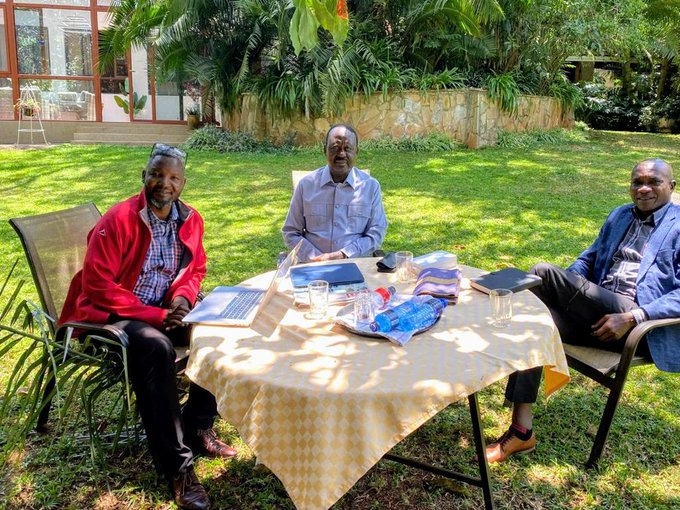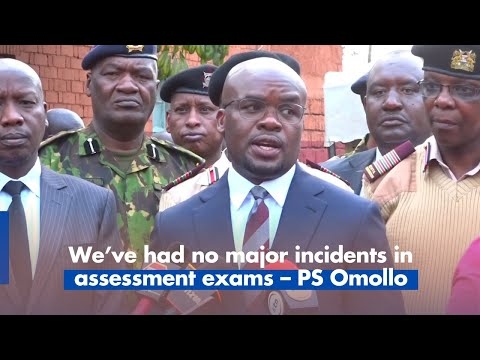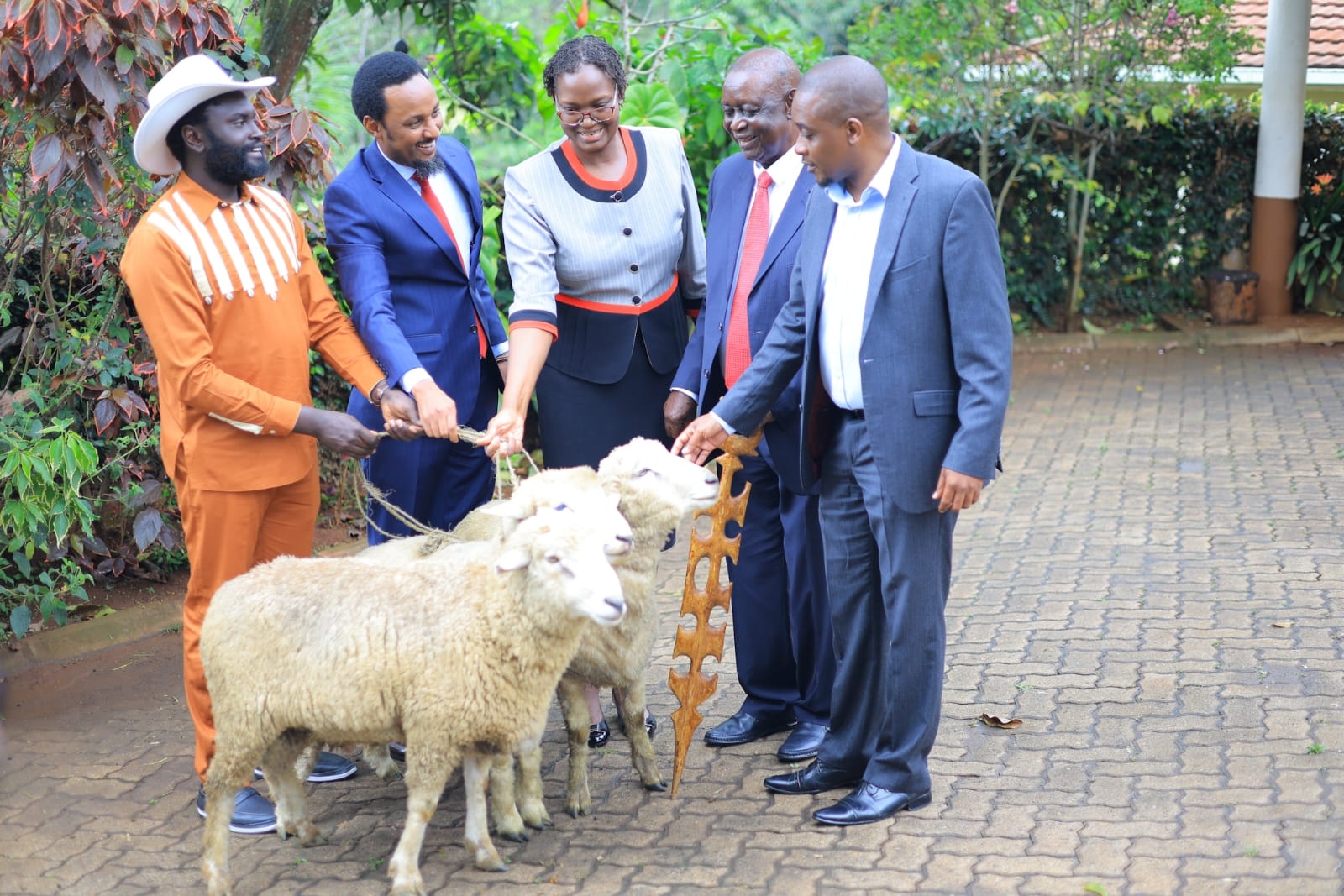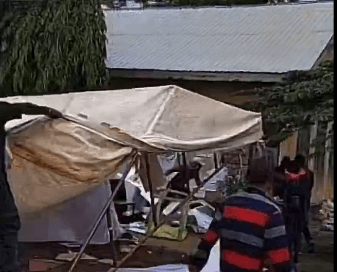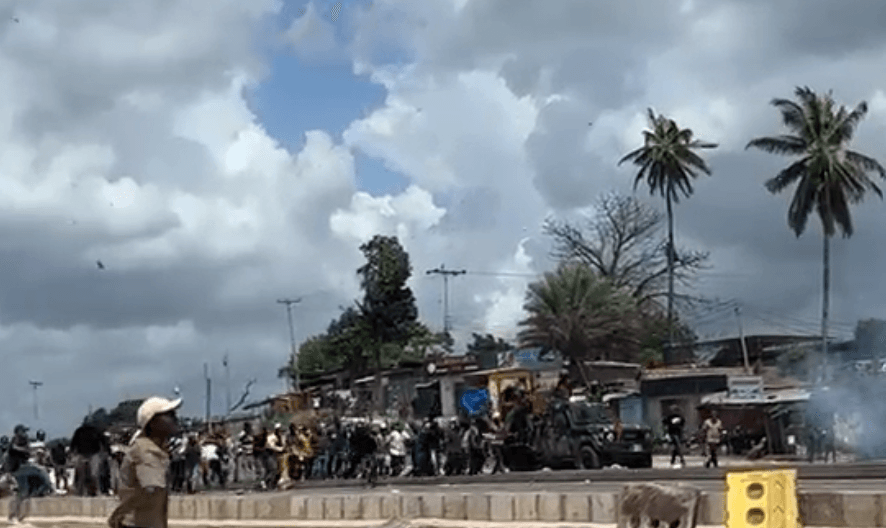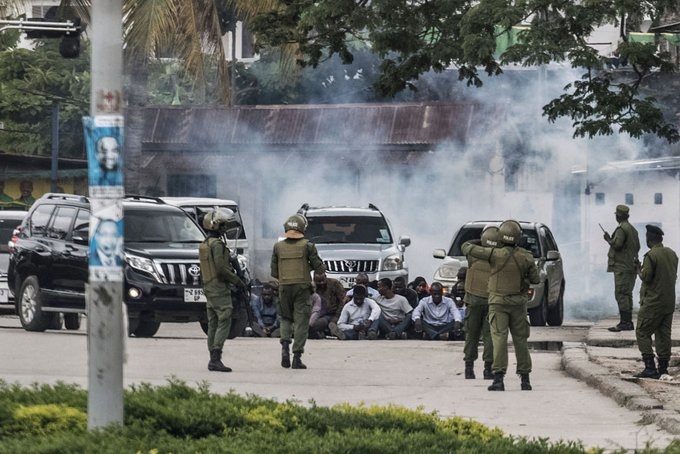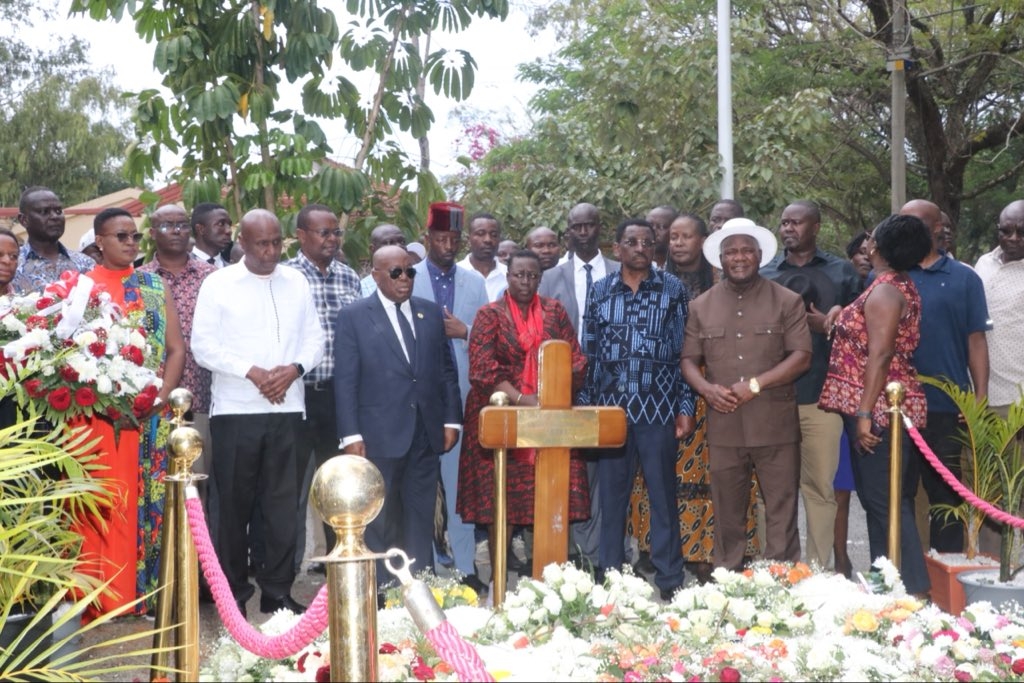
 Hon. Mustafa Abdirashid Deputy Speaker and MCA for Iftin Ward, Garissa Township Constituency./HANDOUT
Hon. Mustafa Abdirashid Deputy Speaker and MCA for Iftin Ward, Garissa Township Constituency./HANDOUTIn 2025, it is unfathomable that the people of Garissa are still forced to defend their ancestral land against a relic of colonial-era cartography, the so-called Three-Mile Strip.
Originally conceived by the British colonial administration with zero consultation or regard for local communities, this strip was never meant to foster harmony or fairness.
It was a tool of control, one that drew boundaries with little understanding of the social, pastoral, or ecological realities on the ground.
*The views expressed are solely the writer’s, not The Star’s.*
Now, Governor Godana of Tana River County is attempting to breathe life into this colonial ghost.
His administration lays claim to swathes of land in eleven wards spanning Balambala, Garissa Township, Bura East, and Ijara sub-counties, areas that have long and indisputably belonged to the people of Garissa.
This is not just an ill-informed administrative overreach. It is a dangerous provocation, one that threatens the peace and stability of two counties and the broader region.
To many, the governor’s push is not only a tall order, it is a sticky, divisive, and perilous campaign driven more by politics than principle.
It must be resisted firmly, and the Three-Mile Strip scrapped entirely from modern governance discourse.
A misguided agenda in a fragile region
Governor Godana’s claim, cloaked in legality, is nothing more than a misappropriation of power.
By invoking a boundary whose origins lie in colonial repression, he undermines the very spirit of the Constitution of Kenya 2010 a document that was meant to bury imperial legacies and usher in a new era of justice, equity, and devolution.
Instead of addressing development challenges in Tana River, the governor appears more committed to redrawing maps.
Rather than uniting communities, he is stoking ethnic and territorial tensions a classic playbook when leadership fails to deliver tangible change.
Garissa County, long plagued by underdevelopment, insecurity, and resource scarcity, now faces an added burden: defending its borders not from outside invasion, but from internal political expansionism.
The people pay the price
The implications of this boundary dispute are far from abstract. For residents of the affected areas many of them pastoralists and subsistence farmers land is life.
The contested zones are not just territorial markers; they are grazing lands, water sources, and settlement areas passed down through generations.
Disrupting this continuity risks displacing communities, fueling local animosities, and destabilizing fragile economies.
Already, residents live with uncertainty. Chiefs, elders, and local administrators are caught in jurisdictional limbo.
Essential services are delayed, community cohesion strained, and youth drawn into unnecessary conflict.
At a time when we should be investing in cross-border cooperation and climate resilience, we are instead being forced to fight political fires set by those entrusted with our well-being.
Colonial boundaries must fall
Let us be clear: the Three-Mile Strip is a colonial creation with no legitimacy in today’s Kenya.
It was not ratified through a constitutional process.
It does not reflect the historical occupancy or usage of the land. And it certainly was not intended to serve the interests of local communities then or now.
In fact, the continued reference to this strip by politicians amounts to a betrayal of devolution, which was meant to empower local voices, not marginalise them further through cartographic trickery.
Scrapping it is not just a political decision. It is a moral imperative.
Time for action, not ambiguity
This dispute cannot be allowed to fester. The following steps are urgent and necessary:
1. The National Land Commission (NLC) must clarify and formally nullify the Three-Mile Strip’s relevance in modern boundary determinations.
2. IEBC’s Boundaries Review Committee must expedite the gazettement of clear, community-informed county borders, especially in sensitive areas like Garissa and Tana River.
3. The Senate and the Council of Governors must issue guidance that prevents governors from weaponising historical boundaries for political gain.
4. Garissa leaders across political divides must unite to defend their land, inform the public, and resist all forms of administrative aggression.
At the grassroots level, civil society and religious institutions must also sensitise communities, particularly the youth, on the historical context of this boundary and the importance of non-violent resistance and civic engagement.
We will not be moved
The people of Garissa have endured much — marginalisation, drought, insecurity, and decades of neglect. But through it all, they have remained resilient and dignified.
They have protected their land not just with documents, but with their lives.
The suggestion that a colonial line can erase this legacy is both ignorant and offensive.
Let it be known: we will not yield to threats, maps, or manipulations.
Our history, our people, and our land cannot be redrawn by a governor with a pen and political ambition.
This is not just about Garissa versus Tana River. It is about Kenya’s unfinished business with colonialism.
It is about whether we move forward as one country or fall back into the traps of division, fear, and historical injustice.
Let’s choose justice. Let’s scrap the strip.
The writer is the Deputy Speaker and MCA for Iftin Ward, Garissa Township Constituency. A columnist and A playwright.




